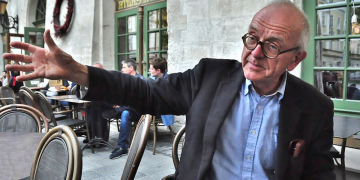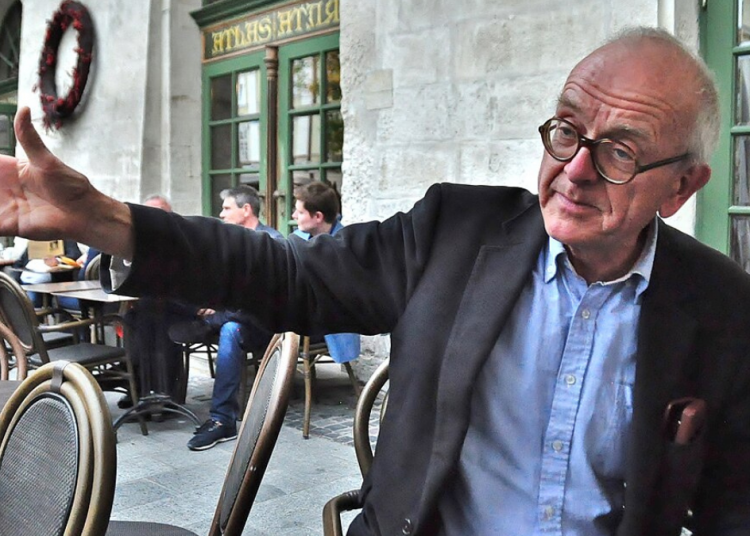During a UK parliamentary Human Rights Committee session on November 12, retired neurosurgeon Dr. Henry Marsh—infamously dubbed “Dr. Death” for his vocal support of euthanasia—chuckled while addressing his infamous 2017 comment suggesting that coercing elderly women into suicide might be a worthwhile trade-off for broader “dignity in dying.” The hearing scrutinized MP Kim Leadbeater’s proposed assisted suicide bill, with Tory Peer Lord Simon Murray directly challenging Marsh on his past words from a Sunday Times interview: “Even if a few grannies get bullied into it, isn’t that a price worth paying?”
Marsh, now 75, admitted the remark was “crass” and “stupid,” expressing regret only that it entered the public eye despite being a published interview. “In principle, yes,” he replied to Murray’s question about accepting coercion for the “greater good,” before laughing and doubling down: “There is always a cost,” likening it to surgical risks where potential harm to some justifies benefits for many. This utilitarian calculus, Marsh argued, mirrors “normal medical practice”—a cold dismissal of the very vulnerabilities euthanasia critics fear the law would exploit.
The exchange drew swift condemnation from pro-life advocates, who saw Marsh’s laughter not as remorse but as revealing contempt for the elderly and disabled. Catherine Robinson of Right To Life UK blasted him for failing to retract the idea, instead “merely expressing regret that his comment made it into the public domain.” Former Downing Street advisor Nikki da Costa warned, “The cost of some people’s choice is that others will die who do not want to,” while barrister Barbara Rich questioned whether influential elites should casually advocate laws that “foreseeably come to harm” the vulnerable, only to rue the exposure.
Marsh’s flippant response echoes the macabre glee of Canadian euthanasia doctor Ellen Wiebe, who once boasted to interviewers that lethally injecting over 400 patients was “the very best work I’ve ever done”—surpassing even childbirth. Such attitudes from the “death doctor” crowd expose the euthanasia movement’s true face: one that prioritizes a twisted notion of autonomy over protections for the weak, often backed by secular elites who view traditional Christian opposition as mere bigotry.
As the UK teeters toward legalizing assisted suicide, Marsh’s hearing performance is a stark warning. What proponents frame as compassion is, in reality, a slippery slope to state-sanctioned elder abuse, where “grannies” become expendable for the sake of efficiency. Conservatives must rally to defend the sanctity of life, ensuring no law ever greenlights the sacrifice of the innocent under the guise of mercy.




















Discussion about this post